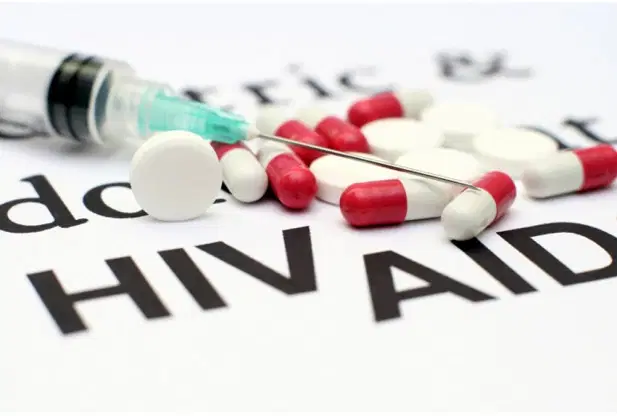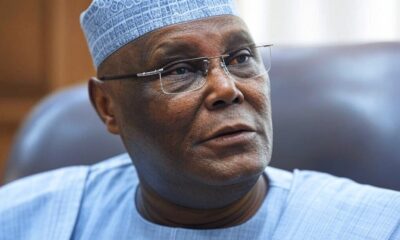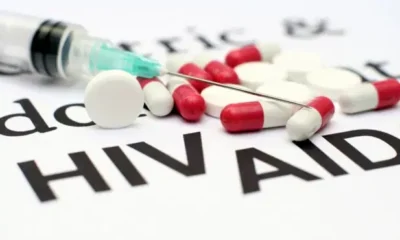The Nation
FEC approves N4.8bn for HIV treatment packs amid funding concerns

The Federal Executive Council (FEC) has approved a N4.8 billion fund for the purchase of 150,000 HIV treatment packs to ensure uninterrupted care for people living with the virus in Nigeria.
The decision, made during Monday’s FEC meeting, is part of the government’s efforts to boost domestic funding for HIV treatment, especially as concerns grow over potential reductions in support from the United States’ President’s Emergency Plan for AIDS Relief (PEPFAR).
Speaking on the approval, the Coordinating Minister of Health and Social Welfare, Muhammad Pate, stressed the importance of sustaining HIV treatment programs despite changes in international aid.
He noted that while global partners have played a key role in supporting HIV treatment in Nigeria, the federal government is now prioritizing local investment in life-saving care for People Living with HIV (PLHIV).
“This is an important signal that the federal government is committed to ensuring that life-saving treatments remain accessible, despite the changing dynamics in external support,” Mr Pate said.
Funding concerns
Nigeria’s fight against HIV/AIDS has been significantly aided by international donors, particularly PEPFAR, which has provided billions of dollars in funding over the past two decades.
PEPFAR, which provides HIV treatment to over 20.6 million people worldwide, faced a temporary funding suspension due to President Donald Trump’s executive order on foreign aid.
The order halted many overseas assistance programmes, putting millions at risk.
However, US Secretary of State Marco Rubio recently granted an “emergency humanitarian waiver,” allowing PEPFAR to resume operations in 55 countries, including Nigeria.
In response to these uncertainties, Mr Pate reassured stakeholders that the Nigerian government is proactively developing a transition and sustainability plan to address potential funding shortfalls.
Reliance on foreign aid
Mr Pate disclosed that the FEC discussed the implications of US policy changes on health programmes, particularly those addressing HIV, tuberculosis, and malaria.
“In light of the US government’s ongoing 90-day review of its development assistance policies, we have set up a committee comprising the Ministry of Finance, Ministry of Health, Ministry of Defense, Ministry of Environment, and the Governors’ Forum to develop a transition and sustainability plan,” he said.
“This is to ensure that Nigerians receiving treatment do not face disruptions.”
The committee’s mandate is to assess the implications of the US policy shift and devise strategies to ensure the continuity of critical health programmes.
Mr Pate further acknowledged the significant contributions made by the US over the past two decades but stressed that Nigeria is preparing to reduce its reliance on foreign aid.
“While we greatly appreciate the contributions of the US government over the last 20 years and look forward to continued collaboration, Nigeria under President Bola Tinubu is focused on transforming the health sector through national systems and domestic financing,” he said.
He said the goal is to ensure that no patient currently receiving treatment is left without care.





























